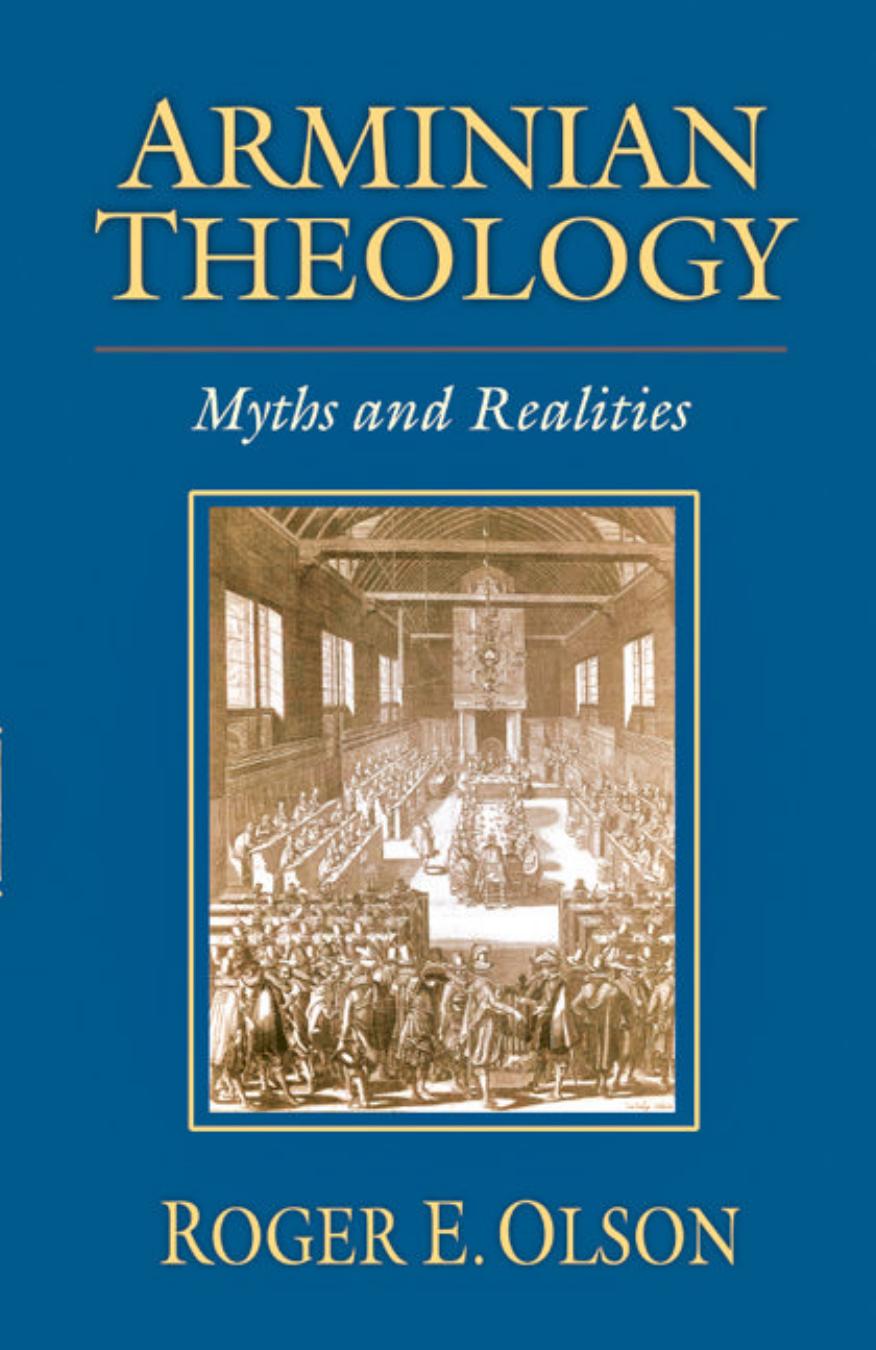Arminian Theology: Myths and Realities by Roger E. Olson

Author:Roger E. Olson [Olson, Roger E.]
Language: eng
Format: epub, pdf
Tags: Christian Books & Bibles, Christian Denominations & Sects, Theology, History, World, Religious, General, Religion & Spirituality, Religious Studies, Christianity, Reference
Amazon: B001E95WXQ
Publisher: IVP Academic
Published: 2006-09-05T05:00:00+00:00
God's Sovereignty and Providence in Nineteenth-Century Arminianism
The leading Arminian theologians of the nineteenth century repeated Arminius's theology of God's sovereignty and providence while adding their own spins to them. Nevertheless, even among these Methodist theologians who are supposed by many to have formed a bridge between early Arminianism and twentieth-century liberal theology, God's sovereign governance of nature and history remains intact and even in some ways deepened. One cannot read Richard Watson, William Burton Pope, Thomas Summers or John Miley without acknowledging their faithful commitment to God's sovereign preservation, concurrence and governance of the universe, including human affairs. At the same time, they all found the conventional Calvinist accounts seriously defective in making God the author of sin and evil by elevating sovereignty to comprehensive control and diminishing human free will to the vanishing point.
Richard Watson. According to Watson, "That the sovereignty of God is a Scriptural doctrine no one can deny; but it does not follow that the notions which men please to form of it should be received as Scriptural." :15 Most especially he rejected as unscriptural any doctrine of God's sovereignty that results in making God the author of sin, because this is incompatible with God's goodness.;`' He acknowledged that most Calvinists do not attribute sin to God's causality, but he also argued that their explanation of why Adam fell in the garden necessarily includes or leads to divine causality, even if only indirectly. His own position was that there is no answer to why God allowed the Fall except that God could have prevented it but decided it was better to allow it.37 Clearly, for Watson the Fall was not foreordained by God or included in God's antecedent perfect will, but resulted from hu man self-determination and self-assertion against God, which was allowed by God in his consequent will.
Watson contributed two relatively new ideas to the stream of Arminian theology, although not all Arminians picked them up from him. First, he argued against what he called the "philosophical theory" of free will, which is now generally known as compatibilist free will. This is the idea of free will advocated and defended by Jonathan Edwards, but its roots can be found at least as far back as Augustine. The idea is that the will is controlled by motives, and motives are provided by something external to the self, such as God. Most Calvinists, when pushed to explain why persons act in certain ways or choose certain things, appeal to the strongest motive as explanation and then add that motives are not self-determined but given to persons by someone or something. In this theory people are "free" when they act in accordance with their desires, when they do what they want to do, even if they could not do otherwise. This "free will" is compatible with determinism. Watson rejected it as incompatible with responsibility: "For if the will is thus absolutely dependent upon motives, and the motives arise out of uncontrollable circumstances, for men to praise or to blame each other is a manifest absurdity and yet all languages abound in such terms.
Download
Arminian Theology: Myths and Realities by Roger E. Olson.pdf
This site does not store any files on its server. We only index and link to content provided by other sites. Please contact the content providers to delete copyright contents if any and email us, we'll remove relevant links or contents immediately.
| Buddhism | Christianity |
| Ethnic & Tribal | General |
| Hinduism | Islam |
| Judaism | New Age, Mythology & Occult |
| Religion, Politics & State |
Cecilia; Or, Memoirs of an Heiress — Volume 1 by Fanny Burney(31355)
Cecilia; Or, Memoirs of an Heiress — Volume 3 by Fanny Burney(30952)
Cecilia; Or, Memoirs of an Heiress — Volume 2 by Fanny Burney(30909)
The Secret History by Donna Tartt(16675)
Sapiens: A Brief History of Humankind by Yuval Noah Harari(13085)
Leonardo da Vinci by Walter Isaacson(11927)
The Radium Girls by Kate Moore(10923)
Sapiens by Yuval Noah Harari(4560)
The Wind in My Hair by Masih Alinejad(4430)
How Democracies Die by Steven Levitsky & Daniel Ziblatt(4425)
Homo Deus: A Brief History of Tomorrow by Yuval Noah Harari(4293)
Endurance: Shackleton's Incredible Voyage by Alfred Lansing(3857)
The Silk Roads by Peter Frankopan(3794)
Man's Search for Meaning by Viktor Frankl(3655)
Millionaire: The Philanderer, Gambler, and Duelist Who Invented Modern Finance by Janet Gleeson(3577)
The Rape of Nanking by Iris Chang(3530)
Hitler in Los Angeles by Steven J. Ross(3450)
The Motorcycle Diaries by Ernesto Che Guevara(3347)
Joan of Arc by Mary Gordon(3272)
